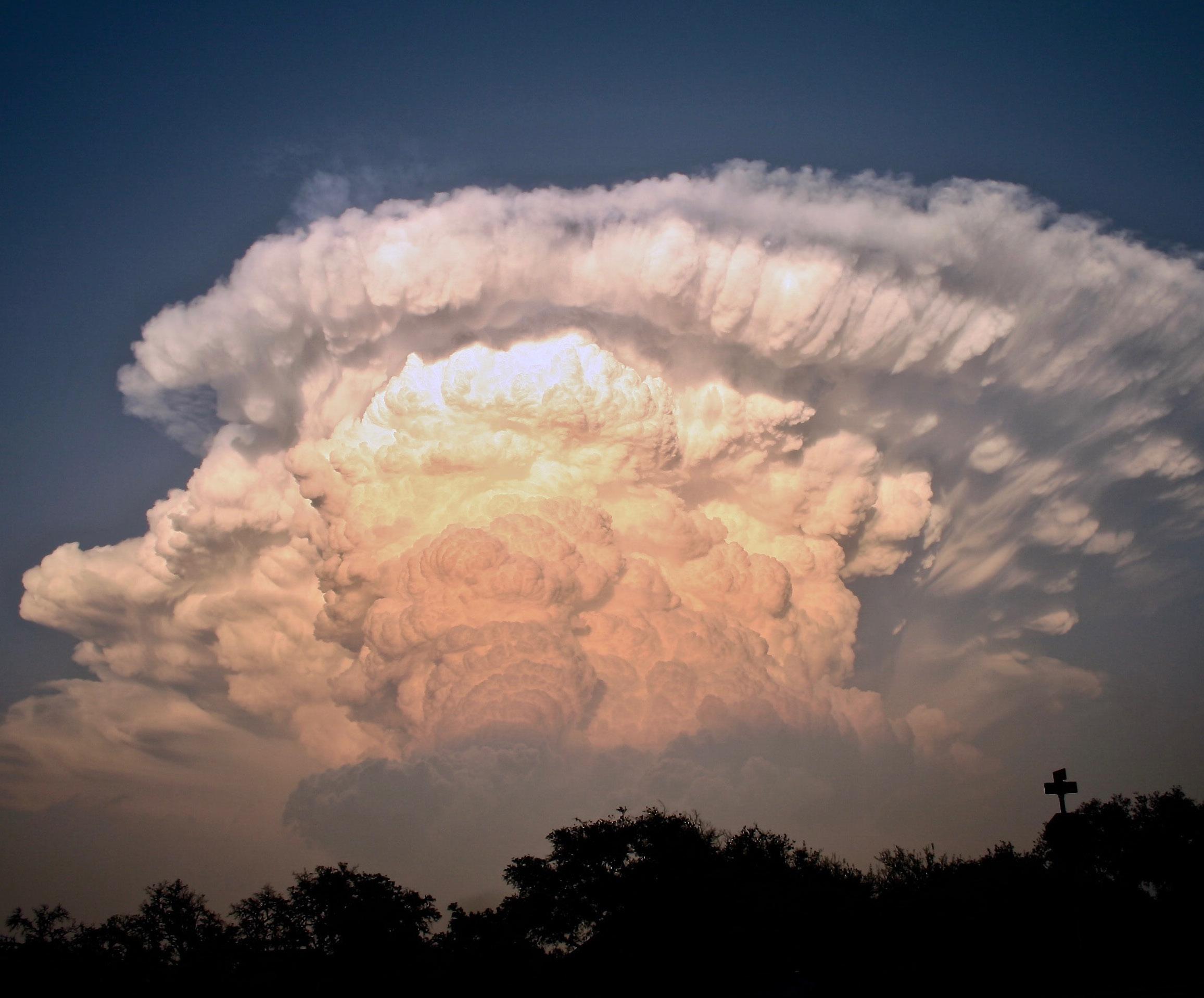Safety of people and property
Météo-France exercises the State's responsibilities in terms of the meteorological safety of people and property. As such, it provides its technical expertise to the relevant government departments: services in mainland France and overseas territories responsible for civil security, major risk prevention and nuclear safety.
To do this, Météo-France produces and distributes warning notices relating to dangerous meteorological phenomena as well as its vigilance map. Météo-France is thus the first link in the alert chain.
Météo-France also contributes to the management of natural risks (flooding, drought, forest fires, volcanic ash monitoring, cyclonic monitoring) as well as health and technological risks (air quality monitoring, pollen, prediction of the dispersion of usual or accidental pollution - chemical or nuclear - in the atmosphere or on the sea surface, etc), and finally, safety at sea and in the mountains.
This mission requires permanent monitoring 24 hours a day, 365 days a year, of the behaviour of the atmosphere, the snowpack and the surface ocean.
